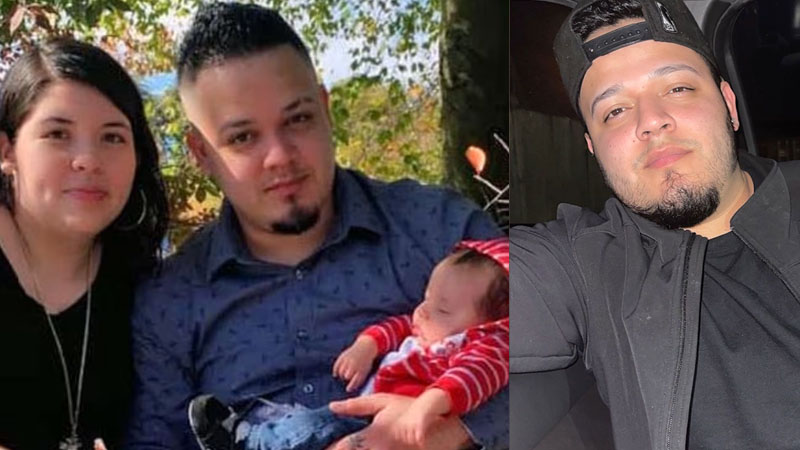The Trump administration’s effort to keep a wrongly deported Maryland man in custody has been blocked by a federal magistrate judge, marking a significant development in a controversial immigration and criminal case.
Kilmar Ábrego García, who was mistakenly deported to El Salvador, has recently been returned to the United States to face federal criminal charges. His case has drawn legal scrutiny and public attention, especially after it was revealed that his removal from the country occurred in error.
On Sunday, legal analyst Anna Bower reported the court’s ruling: “A federal magistrate judge DENIES the government’s motion to keep Kilmar Abrego Garcia in custody while his criminal charges are pending.”
The judge’s decision, outlined in a court order dated the same day, indicates that García will be released under certain conditions. “A separate order will enter, following hearing, directing Abrego’s release on conditions,” Bower added, citing the formal judicial record.
While the ruling may appear to open the door to García’s freedom, immigration experts caution that the situation is far from resolved. Former immigration attorney Aaron Reichlin-Melnick described the decision as a major but complex development.
“This does NOT mean that he will be released, as ICE will immediately detain him if he leaves criminal custody,” Reichlin-Melnick warned. García’s legal situation represents a confluence of immigration and criminal law, underscoring the complicated overlap between deportation proceedings and federal criminal charges.
Although the court has now denied the government’s attempt to hold him in continued pre-trial detention, Immigration and Customs Enforcement (ICE) retains the authority to detain him separately on immigration grounds.
The original error in deporting García to El Salvador—reportedly before he had the opportunity to contest his removal or fully resolve his legal status—has sparked outrage among advocates and raised questions about due process under the Trump administration’s immigration enforcement policies.
Legal analysts have emphasized that the outcome of García’s case could set a precedent for how the justice system handles individuals who are simultaneously involved in criminal proceedings and immigration enforcement.
As of Monday morning, neither the Department of Justice nor ICE had released an official statement on the judge’s ruling or García’s next steps. For now, García remains in legal limbo—cleared for release by the courts, but still under threat of immigration detention.

